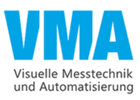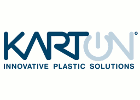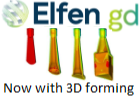Pharmaceutical glassmaker Schott has inaugurated a new melting tank in its Gujarat, India facility with an approximate investment of €25 million.
The new tank will increase the plant’s production capacity by 10,000 tonnes to reach an annual capacity of 40,000 metric tonnes.
Schott has been committed to providing its specialised pharma glass used for storing billions of Covid-19 vaccines.
The melting furnace has been constructed within a span of one year, to enable a 25% increase in the facility’s overall production capacity, to support the pharma industry that is facing a huge demand surge for pharma packaging products.
Schott Glass India’s MD, Pawan Shukla said: “Schott remains committed to ensure that there is adequate supply of its high-quality pharma glass for the Indian pharma industry.
“Moreover, as Schott’s manufacturing hub in Asia, we have taken up the responsibility to cater to our clients in India as well as in neighbouring countries.”
The melting tank is a part of the company’s commitment to invest over €47 million in its Indian facility, and to double its capacity of producing the highly specialised Fiolax tubing material for both domestic and export demands.
The expansion has resulted in additional employment of over 120, taking the overall count to 420 employees.
German Project Engineer and Expert for Melting Technology, Norbert Osterhage, who was overseeing the project, chose to stay in India during the lockdown.
This was to ensure that the melting tank is operational in time, especially now as quality glass vials and syringes have become need of the hour for Covid-19 treatment.
Dr. Patrick Markschläger, Executive Vice President, Schott AG, Business Unit Tubing explained: “Schott is already providing its glass to majority pharma packaging leaders for storing COVID-19 medication, and delivering glass vials to three out of every four COVID-19 vaccine projects undergoing various phases of testing.
“Our Indian facility is an integral part of our pledge to cater to any requirement of the pharma industry in a sustainable manner.”


























